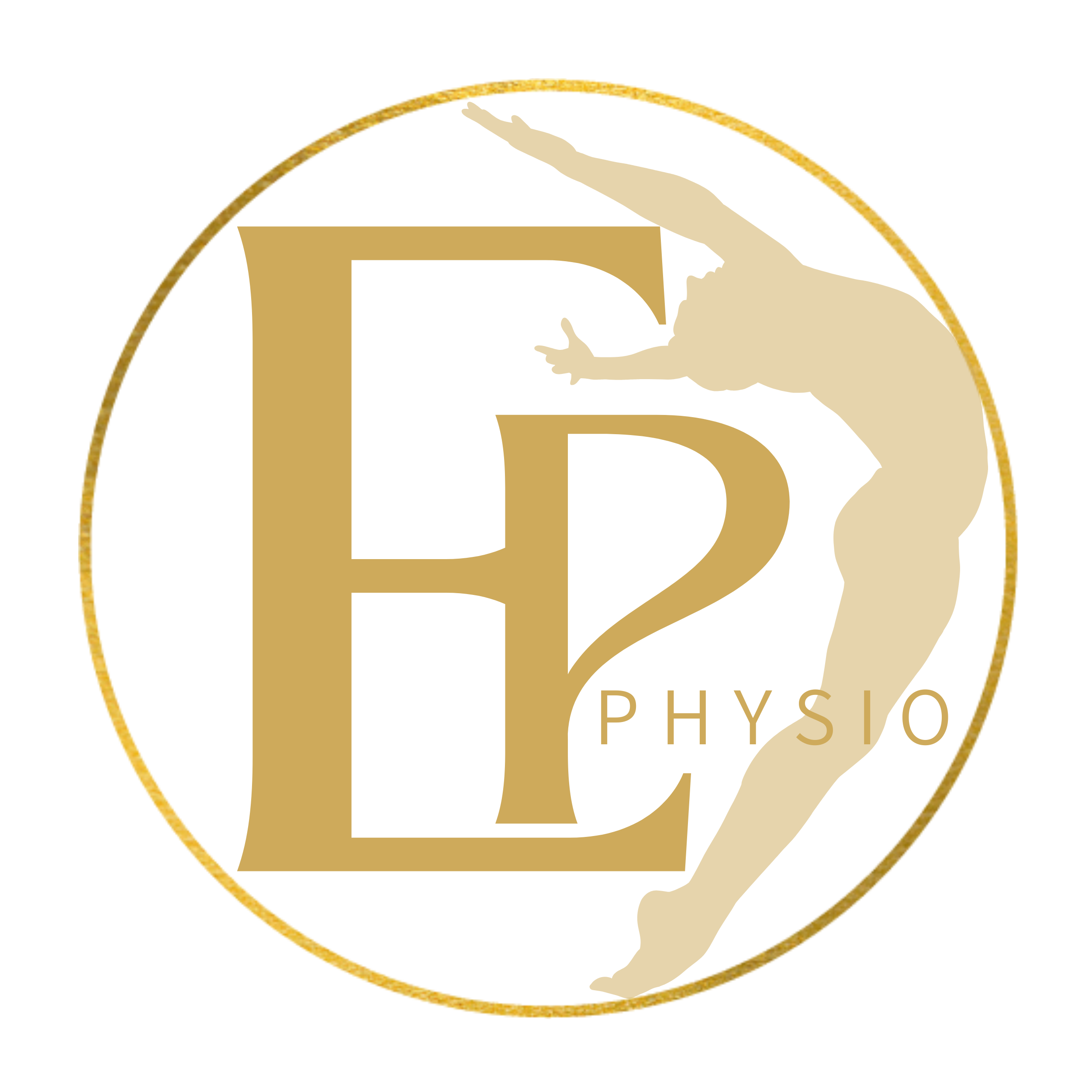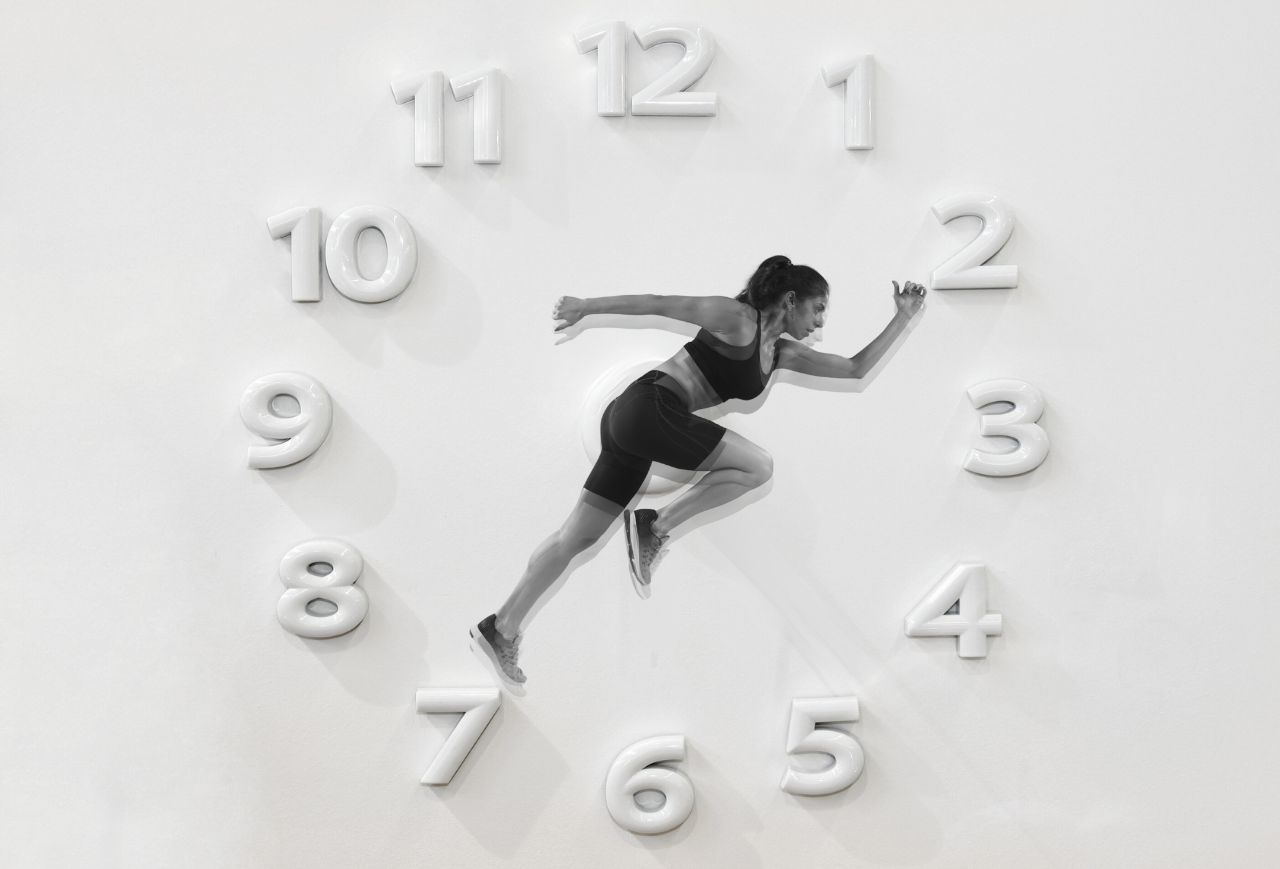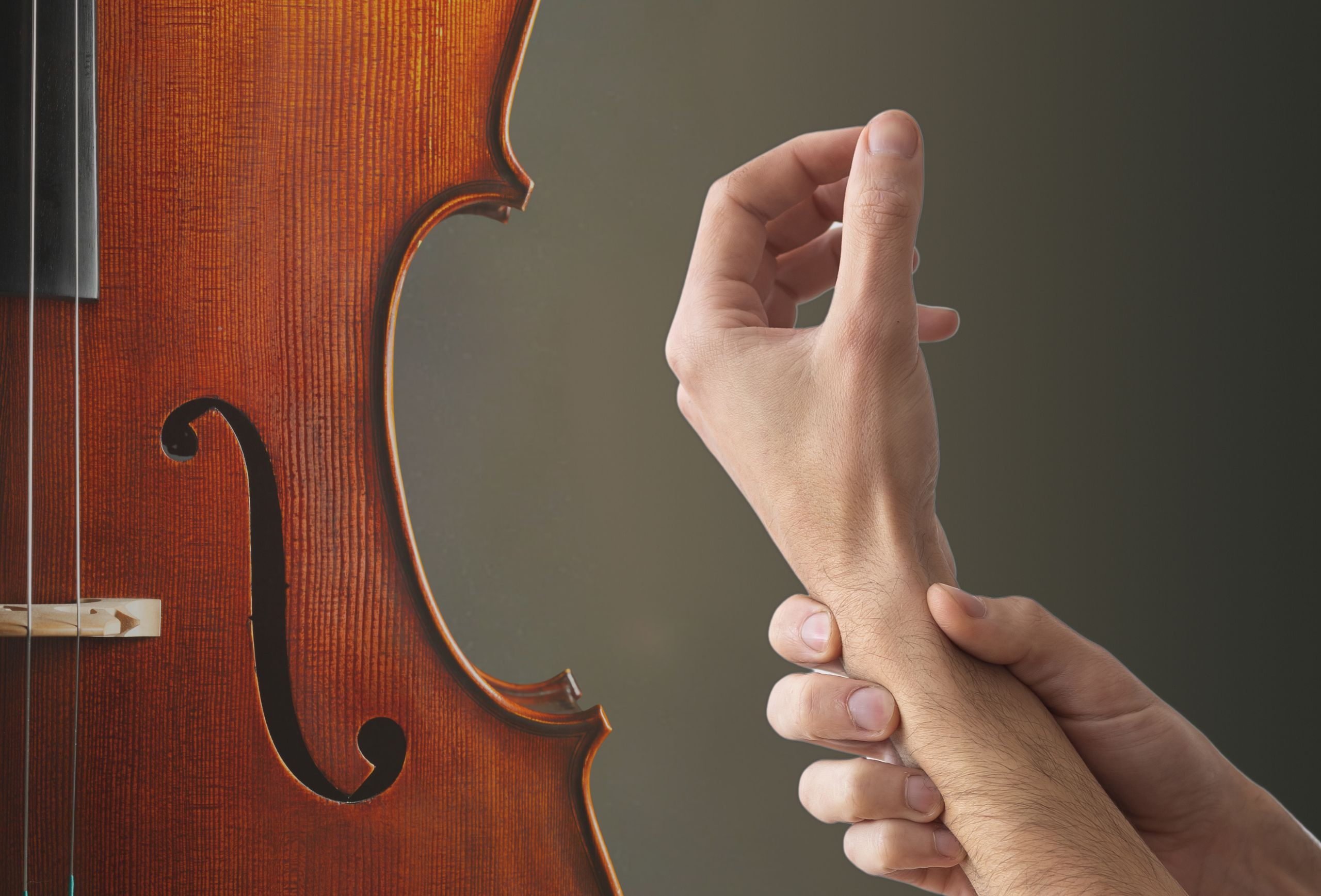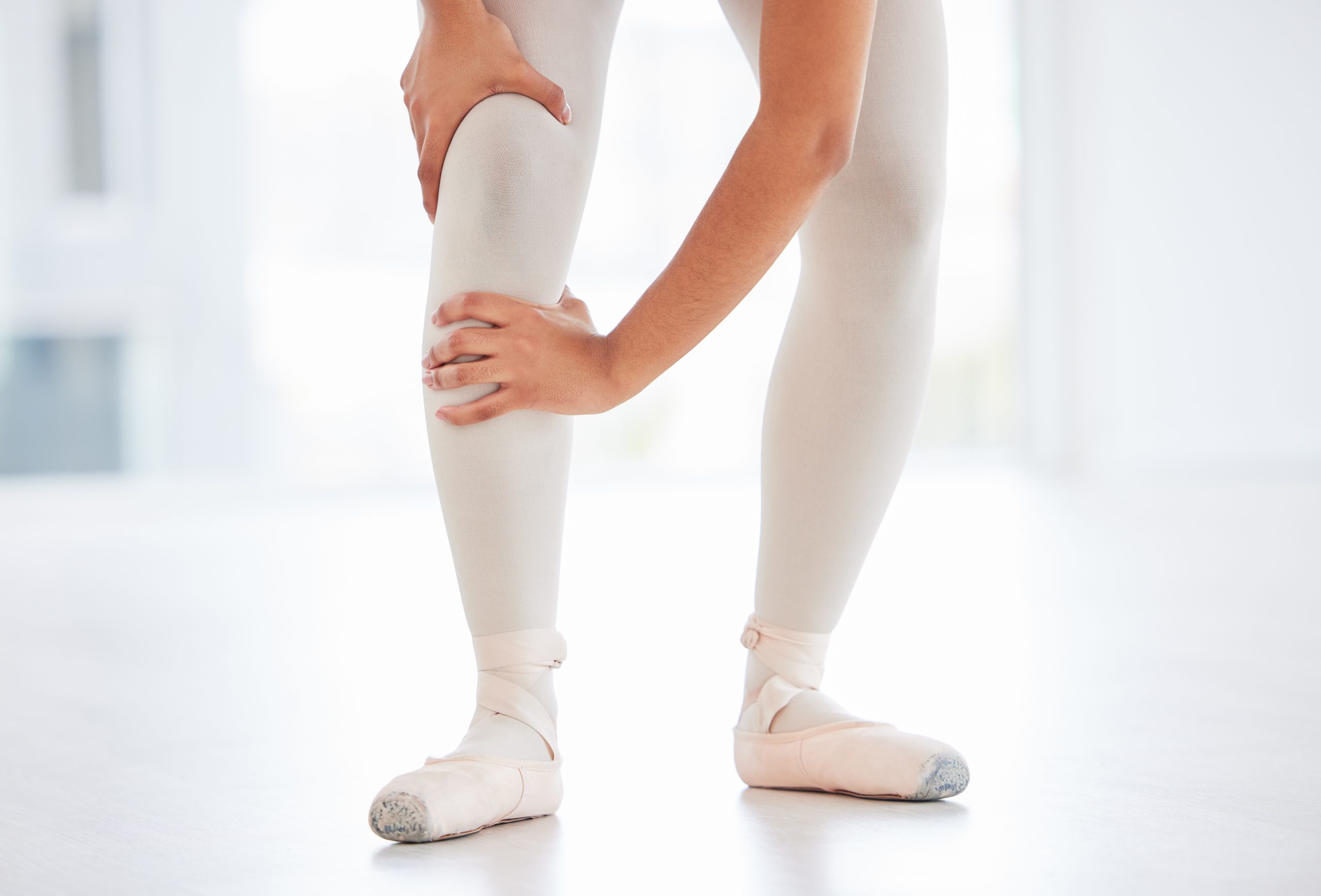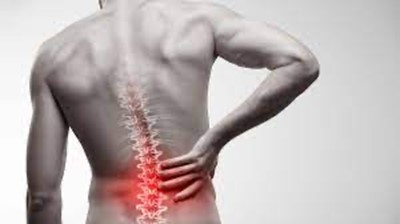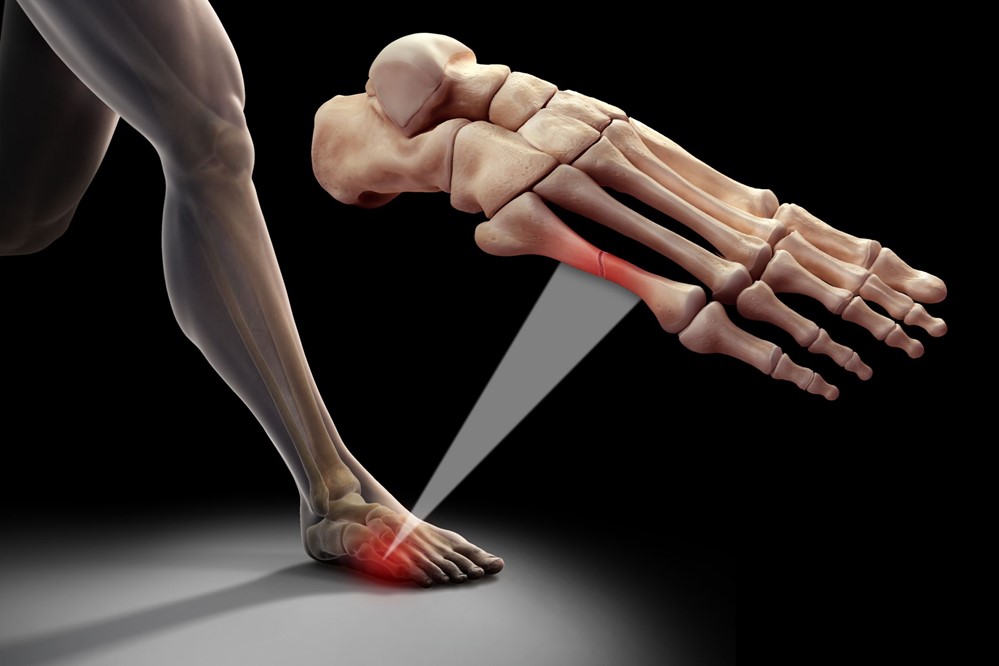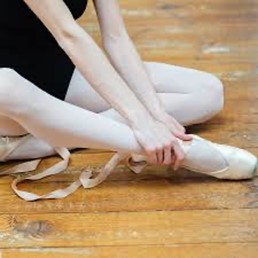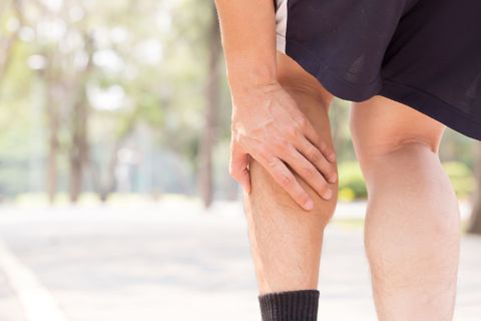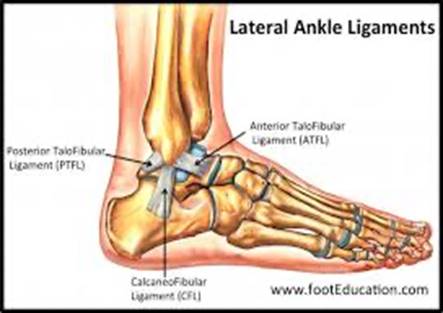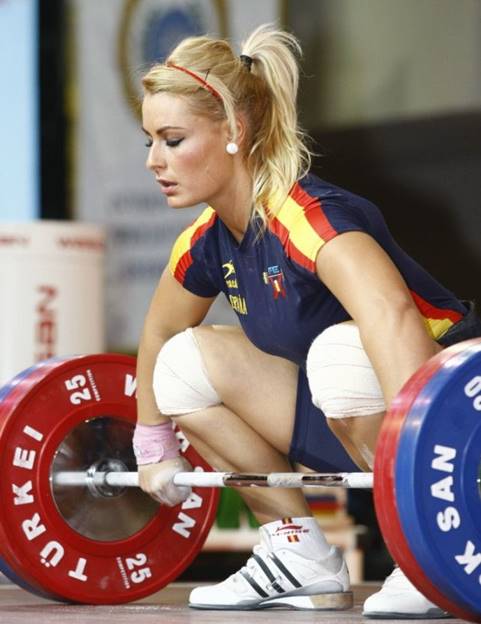Injury Prevention for Professional Musicians
Injury Prevention for Professional Musicians As a professional musician, maintaining your physical health is crucial to sustaining your career and achieving peak performance. The r
How to recover fast!
As a performer, your body is your most valuable tool. Whether you’re dancing on stage, acting under bright lights, or playing an instrument, the physical demands are intense. Inj
The Ultimate 7 Step Warm-up Guide for Musicians
Being a professional musician isn’t just about playing and practising your instrument, but also about maintaining your instrument, your instrument isn’t just the one you pl
Preventing Common Injuries in Professional Dancers: Tips from Elite Performance Physio Manchester
Contents Table Warm-Up and Cool-Down Strengthen Core and Stabilising Muscles Ankle Stability and Turnout Exercises Strength Training for Injury Prevention Dynamic and Explosive Tra
Lower Back Pain Management
In 2018 the Lancet published a comprehensive review of lower back pain and its management. The authors described, how lower back pain is seen as one of the worlds most major health
Foot Pain in Dance: When to Suspect a Stress Fracture
Stress fractures are one injury all dancers are keen to avoid! It can signal a significant period away from performing and in some cases can require surgery to help return to perfo
Achilles Tendon Pain: Symptoms, Diagnosis & Treatment
Achilles Tendon Pain This is a common area for soreness and pain in dancers; it can be notoriously difficult to settle down and I will regularly have dancers describe how they have
Calf Injuries: Why they happen and what can we do?
What is the calf? When we describe the calf, we are talking about the gastrocnemius and soleus, as these are the biggest muscles in the calf region that contribute to function and
Ankle injuries in dance and some basic rehab exercises
Ankle injuries are one of the most common injuries that we see in dancers of all ages. These range from the minor to the severe. Generally, when a dancer injures their ankle it wil
Can dancers benefit from strength training?
Dance as an art form has always been considered an aesthetic performance that solely relies on facility that can be natural or trained, alongside timing and technique. The involved
